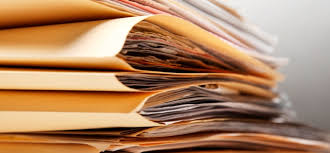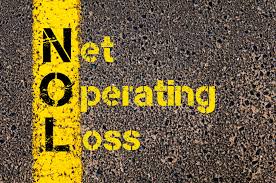Need help organizing your financial documents?
 If you don’t have a clear idea of how long you need to keep your various financial documents, you’re not alone. Many us of end up keeping everything, and the piles just keeping growing – sometimes at an alarming rate. Here is some guidance to help determine how long to keep your records.
If you don’t have a clear idea of how long you need to keep your various financial documents, you’re not alone. Many us of end up keeping everything, and the piles just keeping growing – sometimes at an alarming rate. Here is some guidance to help determine how long to keep your records.
Keep less than a year
- Retain ATM, bank deposit and credit cards receipts until you reconcile them with your monthly statements. (Then you can shred them unless you need them to support your tax return.)
- Insurance policies and investments statements should be retained until you receive updated documents.
Keep for a year or longer
- Retain loan documents until the loan is paid off.
- Car titles should be retained until you sell the vehicle.
- For stocks, bonds and mutual funds, keep purchase confirmations so you can establish your cost basis and holding period.
Keep for seven years
- Keep all




